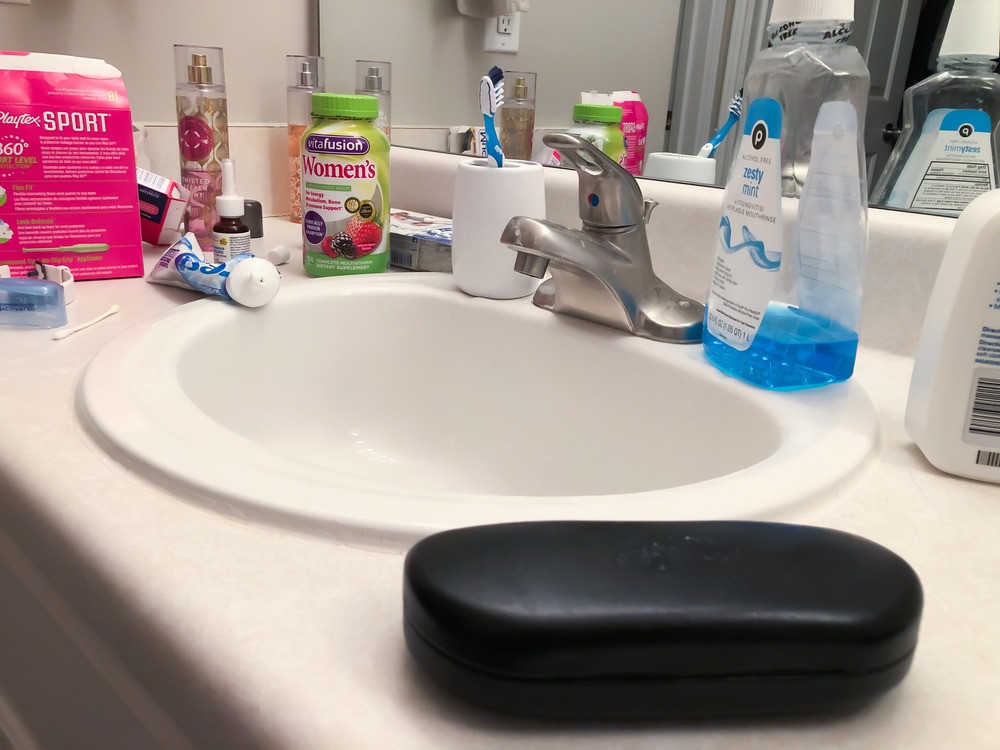Table of Content
When you sell a second home, you will owe capital gains tax on your gain, which is the difference between the selling price and your adjusted cost basis. Allowable adjustments to basis are listed in IRS publication 523. Here are some additional questions you may be considering when it comes to closing costs on your home and tax deductions. This includes property taxes, sales taxes, and state/local income taxes.
In other words, homeownership becomes official on closing day. The good—and exciting—news is that closing day typically only takes a few hours, meaning that if you have everything wrapped up before 3 p.m. And it is not a Friday, you will get your new keys that same day. Well, the IRS states that you have to reside in your home for two years or more for it to be your primary residence. Yet, there is no requirement that you have to live in that property for two consecutive years.
Types of selling expenses that you can’t write off
Here is everything you need to know about estimated closing costs, including how to calculate closing costs, who pays at closing, and how to reduce closing costs. Before the 2017 Tax Cuts and Jobs Act went into effect, all state and local taxes – commonly known by the acronym “SALT” – were 100% deductible. The Tax Cuts and Jobs Act now limits the SALT deduction to a maximum of $10,000, a limit that has been in place since 2019.

He gathers data and finds insights on real estate data and other related issues. Talk to each attorney about how they’re compensated and what their rates are. Hypothetical example are for illustrative purposes only and are not intended to represent the past or future performance of any specific investment. Clever’s Concierge Team can help you compare local agents and find the best expert for your search. The mortgage must have been used to buy or build your primary home.
Can the buyer pay the seller’s closing costs?
Just remember that you can’t deduct these costs in the same way as, say, mortgage interest. Instead, you subtract them from the sales price of your home, which in turn positively affects your capital gains tax. The points weren’t paid instead of closing costs such as appraisal fees, inspection fees and property taxes.

In most cases, it’s easier for buyers to afford a higher purchase price than additional closing fees. Deductions from capital gains tax Private residence relief Eligible costs of improvements, such as an addition or new kitchen. Costs of purchasing and selling the property, such as stamp duty, attorney fees, and estate agent commissions. You can only do this, though, if you use the money from your cash-out refinance to make capital improvements to your home.
Do you pay capital gains tax at closing?
Plus, if you used a real estate agent to purchase the home, you may be able to deduct from any commission you paid. Long-term capital gains for properties you owned over one year are taxed at 15% or 20% depending on your income tax bracket. If you sell a house or property in less than one year of ownership, the short-term capital gains is taxed as ordinary income, which could be as high as 37%.
When you close on a house, there’s usually a gap of a month or so between when you close and when your first house payment is due. It’s closing day and you’re sitting in a conference room with a closing attorney who hands you document after document to sign. As is the case with most tax situations, Skinner says it’s wise to consult a tax adviser to confidently maximize your deductions, which vary state-to-state and year-to-year.
When Are Closing Costs Tax-Deductible?
If the home is not a personal residence, but an investment property, you may deduct legal and title fees as legitimate business expenses. IRS rules allow you to write off operating expenses and some other costs you pay for investment property. Those closing costs that are not immediate write-offs can often be added to the cost basis of the property, reducing capital gains taxes, if you made a profit. The tax exemption available when you sell a personal residence does not apply to the sales of investment homes. However, you may be able to deduct legal fees and some additional expenses you pay when selling your property.
Luckily, you can subtract all of these selling expenses from your gain to lower your tax liability. Two exceptions are any points you buy to reduce your loan’s interest rate, and any property taxes you pay in advance. While home sellers almost always pay their closing costs out of the sale proceeds, buyers typically pay their closing costs out of pocket. This, combined with the down payment on their mortgage, requires the buyer to bring a LOT of cash to the closing table. Asking the buyer to cover the seller’s closing costs too could make the purchase unaffordable, which is why it’s rare for sellers to attempt to negotiate this concern. Use this seller closing costs calculator to estimate how much you’ll owe in taxes and fees when you sell your home.
Before you jump in, you’ll want to know what kinds of expenses you may face when selling a home without an agent. But if you have the time and energy, here are some proven ways to save closing fees. The top discount real estate companies provide the exact same service and support as traditional realtors — but charge a fraction of the standard 3% listing fee that many agents charge. The best — and easiest — way to keep more cash in your pocket at the closing table is to sell your house with a low commission realtor.

If you want to limit pre-paid daily interest charges, you can schedule your closing date closer to the end of the month. That way, since you incur debt more slowly, you will incur less interest expense. If you want to determine how much you stand to save, you can have a lender run this scenario for you. If you do your due diligence during the pre-approval process of your home loan, there should be no significant price jumps or surprises.

No comments:
Post a Comment